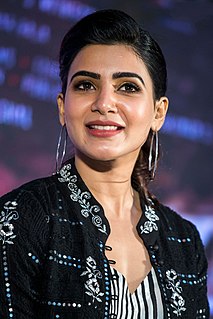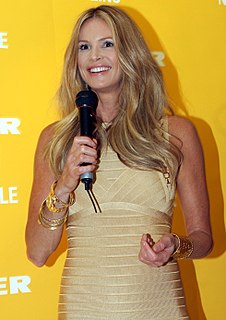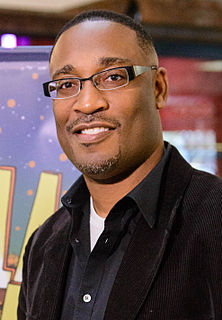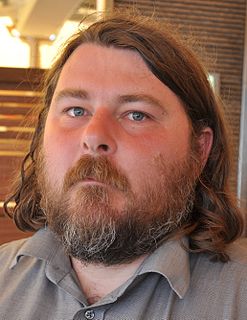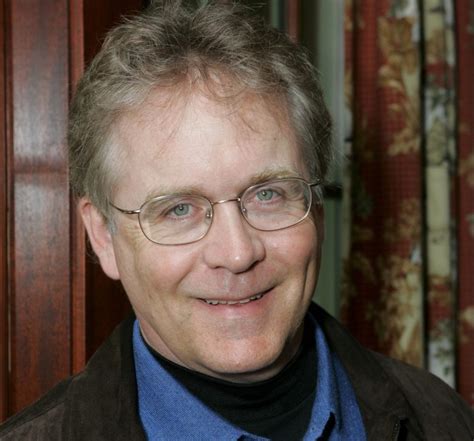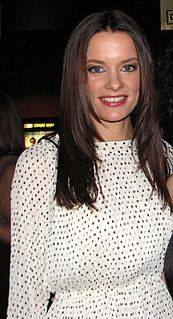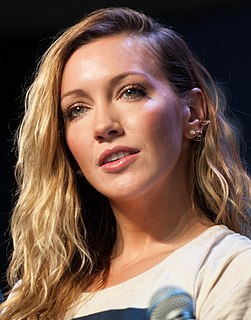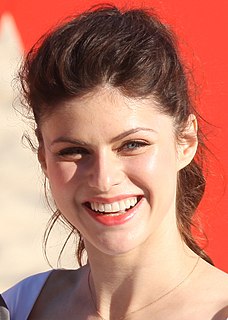A Quote by Samantha Akkineni
In the film industry, you are fictitious, just like the characters you play. It has a lot do with a perception about you, and not necessarily you. You are successful because people like that image of you on screen.
Related Quotes
I just felt like, you know, I read a lot of scripts out in L.A., out here in the industry and I just felt like this film was just being genuine. I just felt like it had really great characters. And all the three different characters have completely different stories and they're all kind of intertwined together thematically. So I just thought it had great characters, great themes
I think, almost, the film industry thinks that by making gay characters super masculine, it's an attempt at saying being gay is OK if you act like straight people. I don't think we should just have gay characters who are 100 percent femme, either. I just think it's about that mix and creating more diverse gay characters.
People say, "How do you get into the British film industry?" There is no British film industry, there are just people making films and finding their own way. It's not like in the States where there are studios and there's an actual infrastructure to it; there's just nothing here. You make it from scratch a lot of the time.
I would like people to know me for who I am, especially since I think people have a very skewed image of me. I was playing a lot of cute characters, a lot of little girls; I was objectified. And I don't want people to think of me as that because it's not who I am, and because I've seen a lot of hostility towards that image.
Since I've worked in film and television for so long, I've acquired the ability to let the version of the characters that lives in my mind make way for the living, breathing humans who are going to play them on screen. If you cast it right - and casting is about 80% of directing - they will eventually replace or exceed the imaginary image.
Who doesn't have a dark place somewhere inside him that comes out sometimes when he's looking in a mirror? Dark and light, we are all made out of shadows like the shapes on a motion-picture screen. A lot of people think that the function of the projector is to throw light on the screen, just as the function of the story-teller is to stop fooling around and simply tell what happened, but the dark places must be there too, because without the dark places there would be no image and the figure on the screen would not exist.
To spend any time with someone who is among the top five film composers of the last 50 years is pure gold dust. I mean, not necessarily stylistically, because everyone is different in what their music sounds like, but the approach and how to look at a film, how to think about a film, how to decide what you want to do, how to think about characters, how to think about art, how to think about narrative, how to liaise with producers, how to liaise with directors.
For me, I just like to be as fun as possible, but I do like to bring a lot to a character. Given the script or the show, I know my boundaries, limits, and how far I can go with it. As far as me choosing these characters that have a lot of personality, I don't necessarily think it's intentional. I just think that I try and come up with a backstory of who they are, depending on the script or how rounded these characters are, and just go from there.
I think it's interesting playing characters who are flawed and make mistakes because we all have - no one's just one thing - no one is just bad or just good - so I like finding flawed characters and playing with their redeeming qualities, whether you play it outwardly or not. I think that one of the reasons I'm an actor is that I love people and I love finding out who they are and why they do the things they do, so it is fun to play those kinds of characters.
